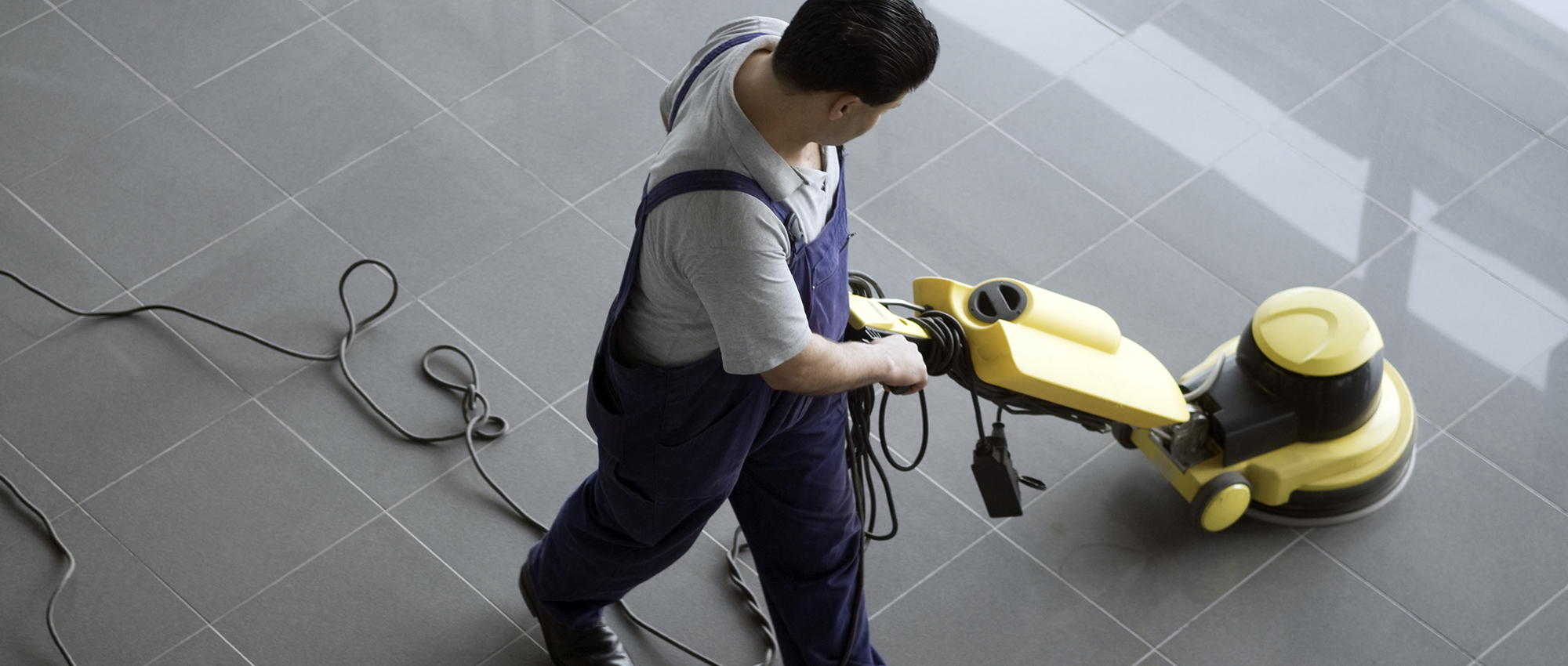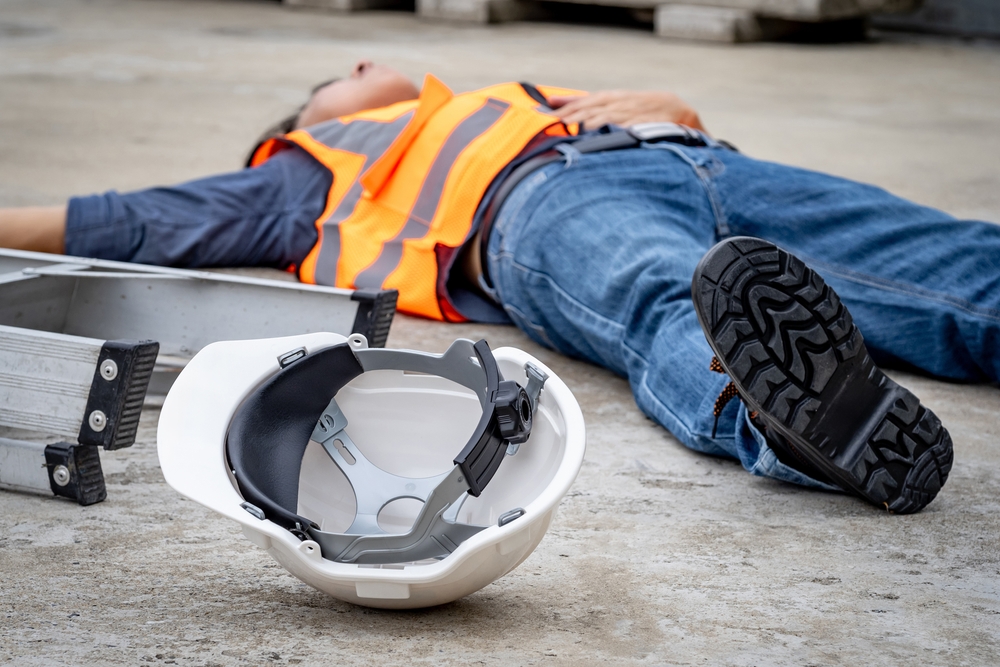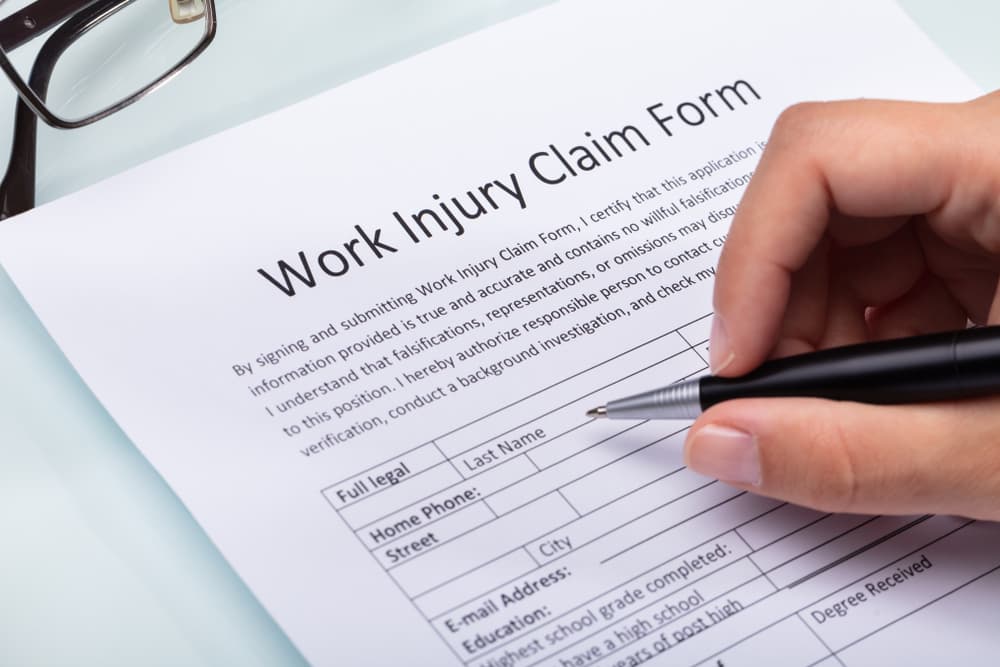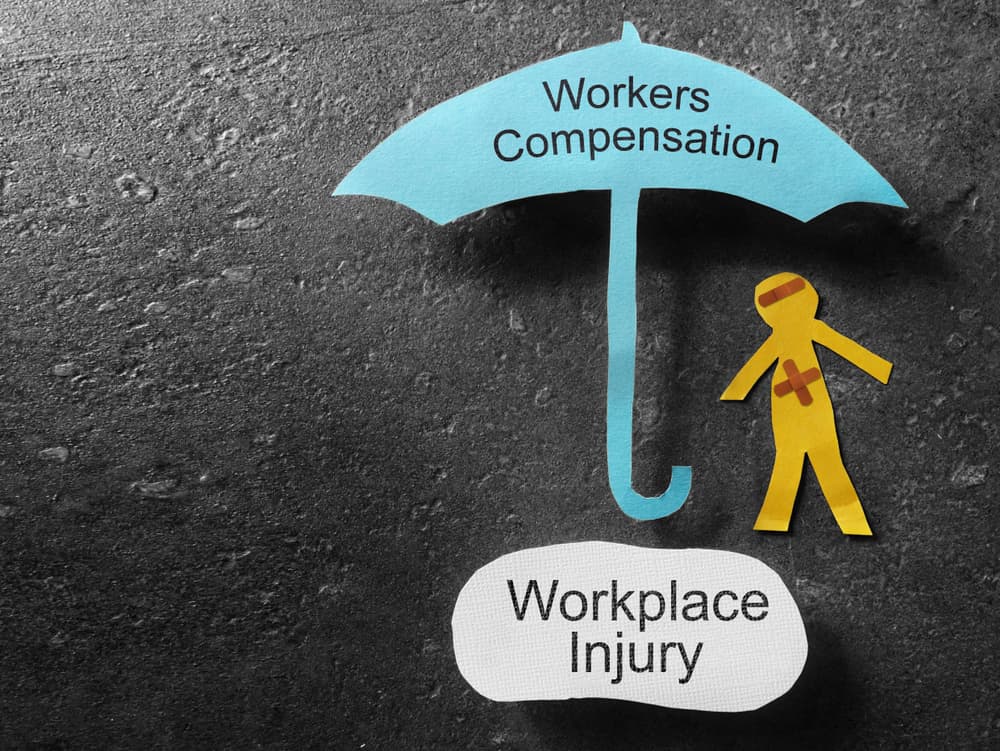
Occupational Illnesses and Professional Cleaners
When we think of workers’ compensation, most people envision a serious accident on the job that causes significant injury, not an occupational illness. Although catastrophic accidents are given a great deal of fanfare, there are other things that can bring a worker down, depending on the type of work that is done. For professional cleaners, occupational illness takes the forefront. Let’s examine the array of occupational illnesses faced by professional cleaners and how workers’ compensation can be applied.
What Are the Occupational Illnesses Affecting Professional Cleaners?
Workers who provide professional cleaning face many occupational hazards. They have one thing in common - professional cleaners are more likely to be subject to them. Some of the more common hazards are:
- Caustic cleaning agents: Used routinely in a professional cleaner’s job, caustic cleaning agents often cause significant injury. They range from liquids to powders frequently used in a closed space. Caustic cleaning agents can be involved in burns, ocular irritation and problems with vision as well as respiratory distress.
- Allergic issues: This includes the use of chemicals and detergents professional cleaners use frequently.
- Chemical exposure: Chemicals can lead to an occupational illness after repeated exposure. These include floor and oven cleaners, pesticides and drain cleaners to name a few.
Training Makes a Difference
Professional cleaners need to be trained in ways to be safe. The Occupational Safety and Health Administration provides guidelines
that give professional cleaners guidance. Employers should have the guidelines on hand in the work area or provide educational sessions that review them. Here are some of the areas stressed by OSHA:
- For cleaners that do their job four feet or more off the ground, fall protection needs to be provided.
- Personal protection equipment for professional cleaners needs to be distributed to workers. These include goggles, gloves, slip-resistant footwear and aprons among others.
- Precautions must be taken to prevent falls using wet methods of cleaning. In some situations, dry methods may work.
- Mechanical equipment needs daily inspection to assure it performs without incident.
- All cleaning products need labels that the workers can read, so there is no mixing of potentially hazardous materials.
Worker Training
The following areas must be stressed in worker training:
- Workers need to know which chemicals can and cannot be used simultaneously. For instance, mixing ammonia and chlorine are deadly since the mix produces a deadly gas.
- All workers need to know the risks they face and how to identify them. Beyond that, they need to be cognizant of how to avoid injury and what to do if problems arise.
- Workers should know how to leave the building if a hazardous situation arises. Also, professional cleaners need to know where eye wash stations are located.
- Training should be consistent, and the worker’s skills in staying safe should be routinely assessed.
Workers’ Comp Benefits After an Occupational Illness Occurs
Workers who develop an occupational illness due to workplace conditions can receive benefits from workers’ comp. The benefits include payment of all medical treatment for an occupational injury. At Morris Law Accident Injury Lawyers, we ensure that all medical bills are paid. The worker also receives benefits based on their salary to cover the wages lost due to the illness.
Disability payments are also paid to make up for the wages they lose because of an occupational injury. This corresponds to your doctor’s evaluation of your condition and the time you need to be out of work. If permanent disability occurs, the worker will likely receive benefits in a lump sum or consecutive payments.
Morris Law Accident Injury Lawyers Helps Assure Worker Compensation
Sometimes, the occupational illness may be challenged by the employer or the insurer as something that is due to an event outside of work. We work together with medical experts who use their experience to show that the occupational illness was caused by working conditions. Call the Morris Law Accident Injury Lawyers at (843) 232-0944, or reach out to us to set up a free case review. Let us help you take care of yourself and your family.







